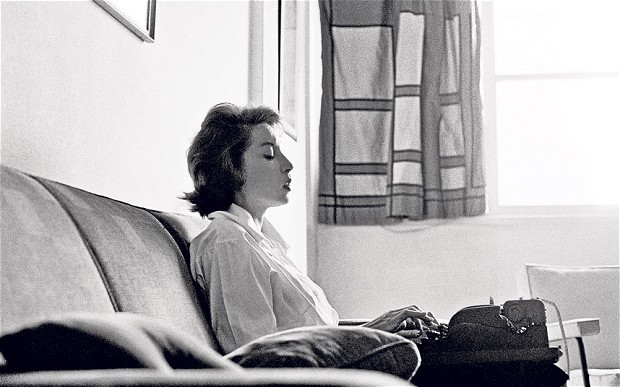On Writing Turning Points
Learning to Be Embarrassed on the Page
“To risk something real as a writer is to risk making a fool of oneself.”
I once translated a scene in which a man falls in love with a goat and daydreams about her udders. I blushed as I translated it. The scene appears in a novel first published in French in 1925 by the Argentine writer Emilio Lascano Tegui: On Elegance While Sleeping. It was banned in Argentina for decades and didn’t appear in English for nearly a century, until I translated it for Dalkey Archive in 2010.
I chose the book for its audacity. Tegui has no fear of embarrassing himself on the page. Neither does the Brazilian writer Clarice Lispector, whose novel The Passion According to G.H. I translated two years later. To risk something real as a writer is to risk making a fool of oneself. When I lived outside the United States after college, first in Chile and then in Brazil, and shared my writing with almost no one, I took risks. I wrote about the whales supposedly fornicating for days near the port city where I taught in Chile. I wrote about a group of women who danced on their kitchen tables at night. I also experimented with form, mixing up voices and writing short fable-like pieces that moved like prose but read like poetry. I let myself switch languages in the middle of a page or scene. If I imagined something in Spanish, I used Spanish.
When I moved back to the United States to pursue an MFA, jumping between languages and genres for workshop submissions wasn’t an option. There were no workshops for multi-genre experimentation.
By the time I decided to translate Tegui’s book, I’d been sitting at seminar tables talking about line breaks for two years as a student and then two more as an adjunct professor. It had become increasingly difficult to take risks and embarrass myself in new ways as a writer. I’d lost the ease I’d had before to jump between genres, to push an idea too far and then farther still, to surprise myself with my own capacity for audacity.
When I started translating Tegui’s novel, I didn’t anticipate that his outrageousness would be so contagious, or would lead me to start a novel of my own. One day, after translating some of his prose, I came up with a scene in my own novel-in-progress that took place in a bathroom. The water was running in the bathtub and I decided not to turn it off, to let the water spread over the bathroom floor and begin to leak through the floor into the apartment below. I let the water flood the whole building and then challenged myself to write something even more over the top on the next page and on the page after that.
In the rest of my life as a professor, as a translator, as a parent, I couldn’t be reckless. I had to be responsible and reasonable. But life had led me to translate four books, have two children, adjunct at three different universities, and I was restless for a place where I didn’t have to be reasonable, where I could make up whatever I wanted—an orchestra of three-toed lizards, for example, playing whatever they needed to play. That unregulated place became my debut novel, Ways To Disappear .
One might think that translation would lead a writer further from her instincts, but for me translation led me back. Through Tegui and Lispector’s work, I remembered the immense pleasure of blushing at the wildness of what I was typing up. Their novels made me braver, more willing to be outrageous, to make a mess.
At the beginning of The Passion According to G.H ., Clarice Lispector includes a note for “Possible Readers” about the “difficult joy” her character, G.H., gave to her. It is a difficult joy to risk something new as a writer. But it is a joy nonetheless.

